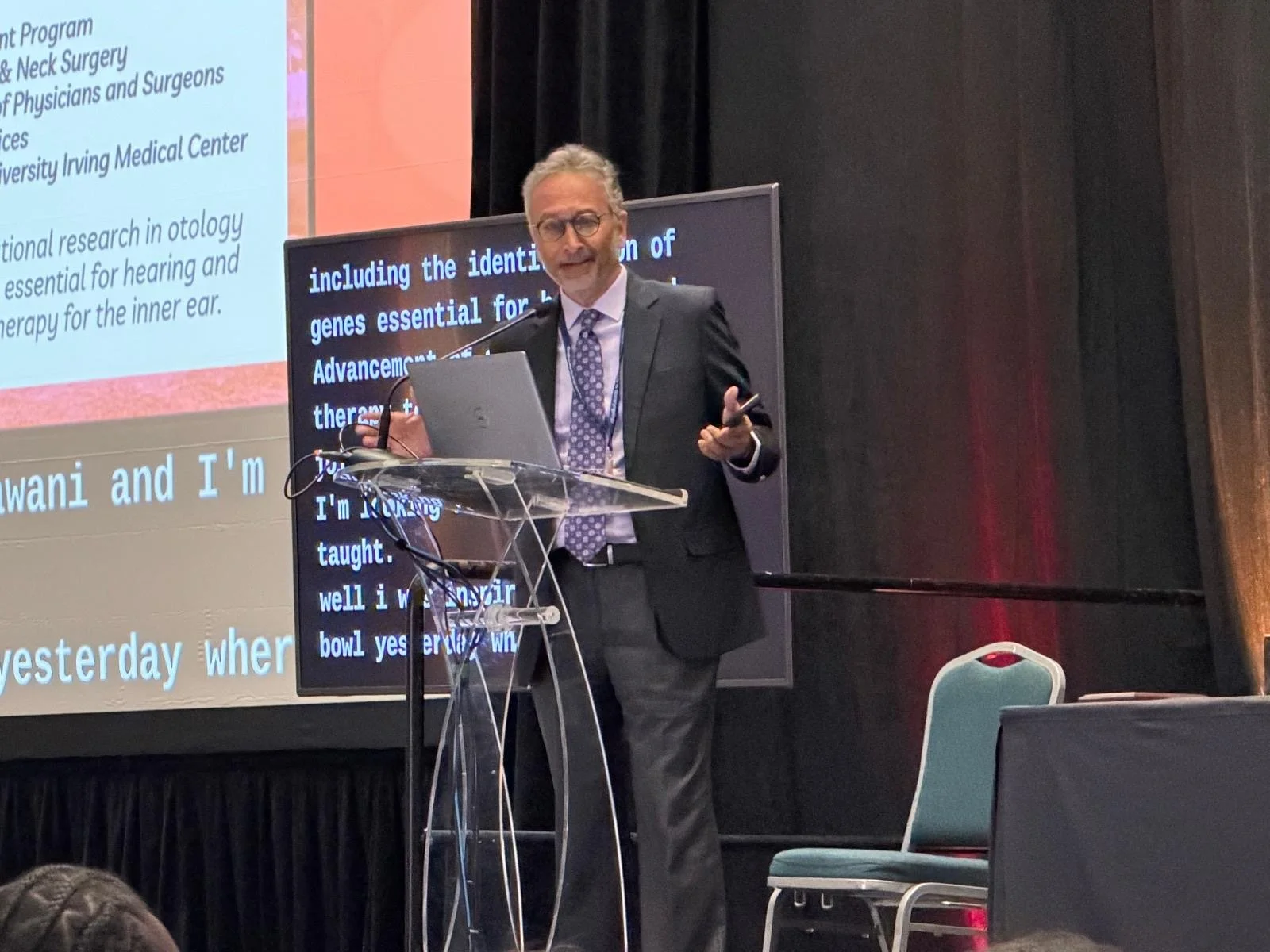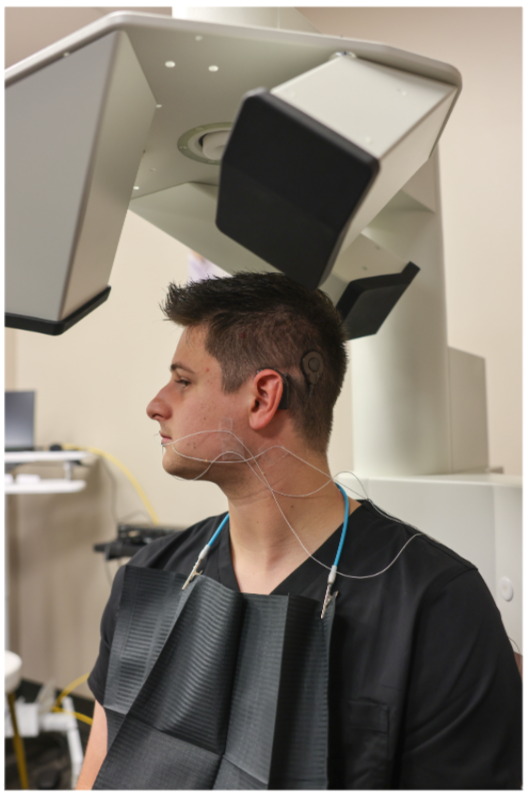A personal connection to enabling seamless communication in real time
By Karetha Strand
The roots of Olelo reach back more than 15 years, when my husband Erik first began working in speech-to-text software. Nearly six years ago, he participated in a Federal Communications Commission (FCC) initiative to explore how automatic speech recognition (ASR) could enhance captioning for the Deaf and hard of hearing.
Erik, and Olelo cofounder Tony Garcia, got to work. Together they developed a beta version to test the feasibility of ASR. After proving the approach was attainable, they founded MachineGenius in 2017.
MachineGenius’s first product was Olelo, which means “say” in Hawaiian, launching in 2020. It’s an app that provides real-time captioning on cell phone calls for registered users with hearing loss that necessitates captions to communicate via the telephone. While the tool leverages years of innovation and research into artificial intelligence, developing the technology was only half the battle.
Another critical challenge was building awareness of Olelo’s capabilities among people who are Deaf or hard of hearing, particularly those who lack access to traditional solutions, like captioned phones. Growing up with a parent with hearing loss, I understood the challenges that can result from communication gaps. I also saw firsthand how many people with hearing loss don’t seek medical help because of the cost of treatment, or aren’t aware of services that might be available. This often results in individuals feeling isolated and withdrawing from society.
Recognizing the need to expand accessibility to communication, I put my digital advertising background to work. In April 2021, I began working to market Olelo. By the fall I joined the small but growing full-time team at MachineGenius, with the goal of building awareness of how our call captioning service could empower families to connect.
To enable broader outreach, MachineGenius joined Sorenson in July 2022. This allows us to more effectively create awareness around our call captioning service, and its availability at no cost to people with hearing loss that necessitate captions to use the phone. Olelo is part of the FCC Internet Protocol Captioned Telephone Service (IP CTS) program, whose mandate is to ensure functionally equivalent phone service for the Deaf and hard of hearing. The federal IP CTS fund offsets our costs so that the captioning is at no cost for registered users.
Olelo’s launch in May 2020 was in the middle of the pandemic lockdown, when captioning call centers were experiencing staffing difficulties and long wait times for captioners, creating a real need for a plug-and-play captioning solution. We were happy to be a silver lining during that period, connecting intergenerational families and farflung friends and allowing medical advice to be easily communicated over the phone, and now making sure we meet growing demands for mobility and ease of use. If the pandemic has taught us anything, it’s that meaningful communication and connecting with one another truly matters.
Karetha Strand is the vice president of strategic alliances at Sorenson, headquartered in Salt Lake City.







The internship last summer provided my first real chance to step into hearing science and learn the experimental side of speech perception under the tutelage of a senior researcher.